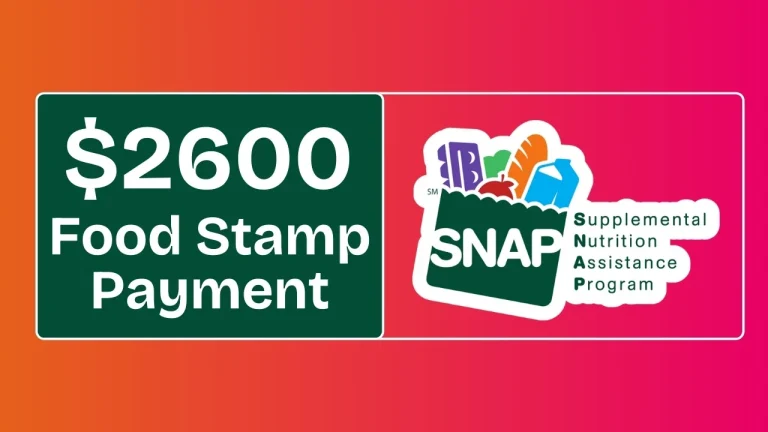Social Security, a government program, provides monthly benefit payments to retired Americans, people who can’t work due to disability, and others with very limited incomes.
Recent articles claim that recipients of Social Security Disability Income (SSDI) and Supplemental Security Income (SSI) benefits will receive $2,000 debit cards. VERIFY reader Paula emailed to ask if this is true.
THE QUESTION
Are SSI and SSDI recipients getting $2,000 debit cards?
THE SOURCES
- Social Security Administration (SSA)
- AARP
- Search of Congressional legislation
- VERIFY analysis of articles making claims about $2,000 debit cards
THE ANSWER
No, SSI and SSDI recipients aren’t getting $2,000 debit cards.
WHAT WE FOUND
Supplemental Security Income (SSI) and Social Security Disability Insurance (SSDI) recipients aren’t getting $2,000 debit cards. These false claims originate from unreliable websites.
A spokesperson for the Social Security Administration (SSA) confirmed to VERIFY that the agency is not issuing $2,000 debit cards to SSI and SSDI beneficiaries. Additionally, Congress would need to pass a bill to provide such extra benefits, which has not occurred.
The SSA stated it would directly notify people about any new Social Security programs and announce them on its website.
This is not the first instance of false online claims about extra money for Social Security recipients. VERIFY previously debunked claims regarding federal stimulus checks for Social Security beneficiaries and $600 monthly payment increases.
These false articles are often produced by content farms that “regurgitate dubious information and often rely on AI-generated articles with little or no human oversight,” McKenzie Sadeghi, AI and foreign influence editor for NewsGuard, previously told AARP.
Scam articles claim to inform readers about “exclusive” or “new” benefits that don’t actually exist, aiming to attract as many visitors as possible to their websites, which feature numerous advertisements.
“By bringing viewers and readers to their sites, they hope people will click on these advertisements, generating financial revenue,” Sadeghi said.
To avoid falling for misinformation in these fake articles, Sadeghi recommends scanning for information that doesn’t add up and unnecessary repetition of key phrases.
If the article’s sources are unclear, that’s also a red flag, Sadeghi adds.
Two websites spreading false information about $2,000 debit cards don’t cite their sources, as AARP warned in its article. One of these websites repeats the phrase “SSI and SSDI debit cards” nearly a dozen times.
The Social Security Administration advises people to reference its scam and fraud resources to learn how to spot common Social Security scams.



